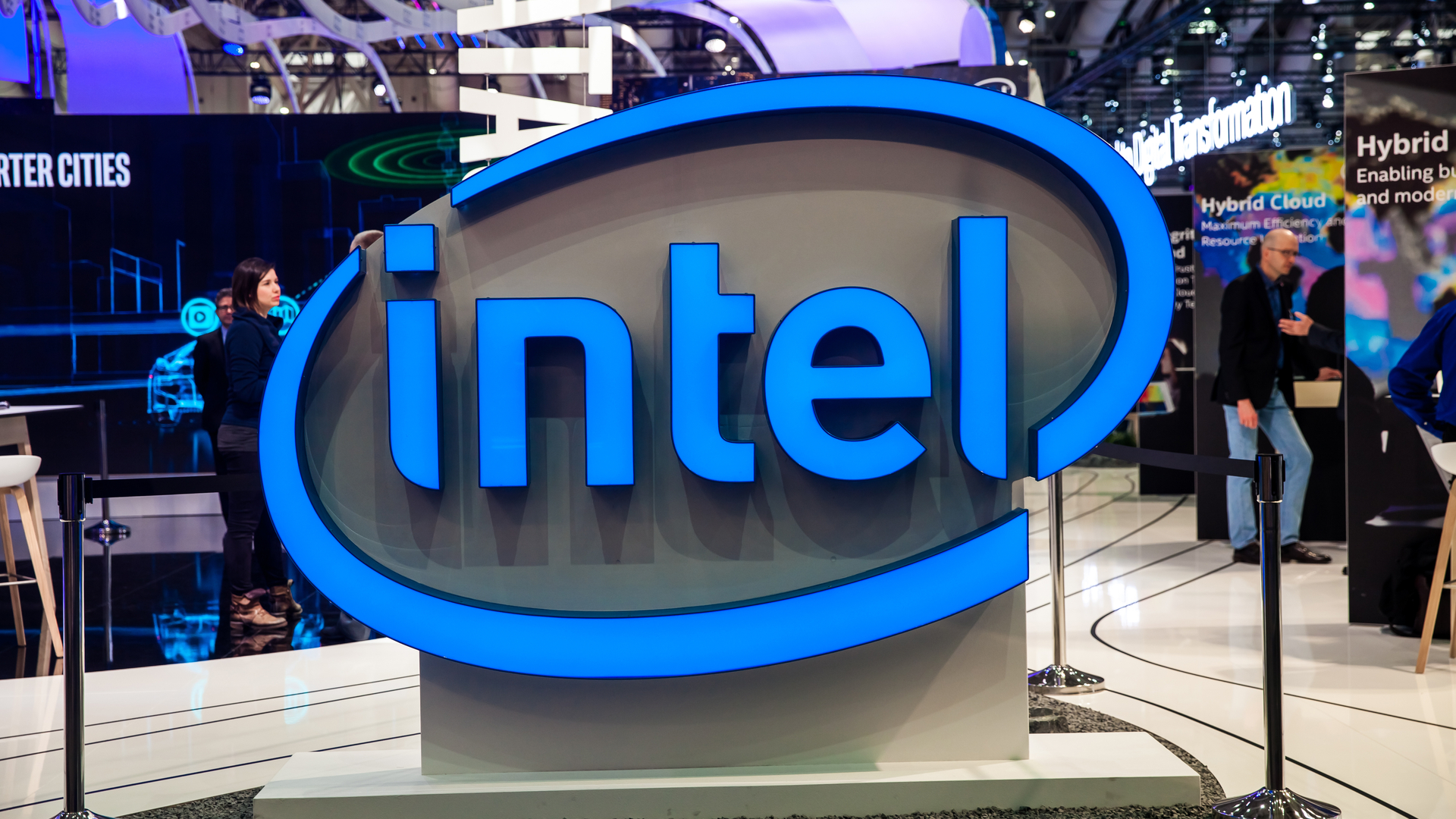Why Intel is partnering with MediaTek on 5G modems
Partners believe there is strength in numbers when it comes to taking on Qualcomm

The news that Intel and MediaTek are working together on 5G modem technology raised a few eyebrows, but the partnership makes perfects sense when consider the potential threat to Intel’s PC business.
The two companies are working on the development of modems for ‘always-connected’ PCs, a new category of device with integrated cellular connectivity. ‘Always Connected’ PCs are pitched as a way of driving productivity by providing Internet access at any location, and as a way of improving security of flexible workers by eliminating the need to use public Wi-Fi.
As part of the project, Intel will define the specifications for the 5G chip, with MediaTek responsible for the development and manufacturing. Intel will also provide the optimisation and validation for the entire platform as well as system integration and co-engineering support for its OEM partners.
- Intel abandons 5G modem plans
- Apple and Qualcomm settle litigation
- What is 5G? Everything you need to know
Intel and Qualcomm
These will include Dell and HP, which could release laptops powered by the modems in 2021.
Market leader Qualcomm has already made significant moves in the market, hoping to extend its mobile dominance into a new, emerging market. Intel had hoped to create its own 5G modems, with development buoyed by the contract to supply chips for the first 5G iPhone in 2020.
However Intel struggled to meet Apple’s demand and missed several deadlines. Apple made up with Qualcomm and then acquired Intel’s smartphone modem business for $1 billion earlier this year. It’s unlikely that an iPhone will be powered by an Apple-made modem for several years. The reason – as Intel found out – is that the development of cellular modem technology is a difficult task that requires years of investment and expertise acquisition. Qualcomm has a significant advantage in that respect.
Intel might have lost interest in the smartphone market, but still wants to ensure its PC customers can deliver new mobile experiences using its technology. Analysts believe Intel’s relationships with PC manufacturers will be key if it is to be a contender.
Are you a pro? Subscribe to our newsletter
Sign up to the TechRadar Pro newsletter to get all the top news, opinion, features and guidance your business needs to succeed!
“Bringing the always-on mobile experience to notebooks will be a significant differentiator in what is going to be a heavily contested market between traditional notebook OEMs like Dell, and HP, mobile phone OEMs like Samsung, Huawei, and LG, and hybrid OEMs like Lenovo and Apple,” explained Malik Saadi of ABI Research.
Difficult task
“This is yet another indication that the notebook value-chain and the mobile value chain are on the verge of converging to bring always-on broadband experiences on the move to new device types beyond smartphones.
"Intel could well benefit from this new development because of its outreach to traditional notebook OEMs and their distribution channels, their unrivalled experience in aligning compute performance with highly demanding notebook applications without compromising the device battery life, and their on-going partnerships with key mobile OEMs, including Lenovo, Huawei, and Samsung.”
The decision to partner with MediaTek might be surprising, but the Taiwanese company has made significant gains in the smartphone space thanks to strong traction in the mid-range segment. Working with Intel gives MediaTek another front on which to challenge Qualcomm, while the partners are undoubtedly stronger together than they are in isolation – even if the task ahead won’t be easy.
“Time to market, optimized and balanced performance and device battery life through highly integrated designs, as well as partnerships with key OEMs with large distribution channels will be the key factors [Intel and Qualcomm] will rely on to create large-scale deployments for their 5G notebook solutions,” added Saadi.
- Here are the best iPhone deals for November 2019
Steve McCaskill is TechRadar Pro's resident mobile industry expert, covering all aspects of the UK and global news, from operators to service providers and everything in between. He is a former editor of Silicon UK and journalist with over a decade's experience in the technology industry, writing about technology, in particular, telecoms, mobile and sports tech, sports, video games and media.